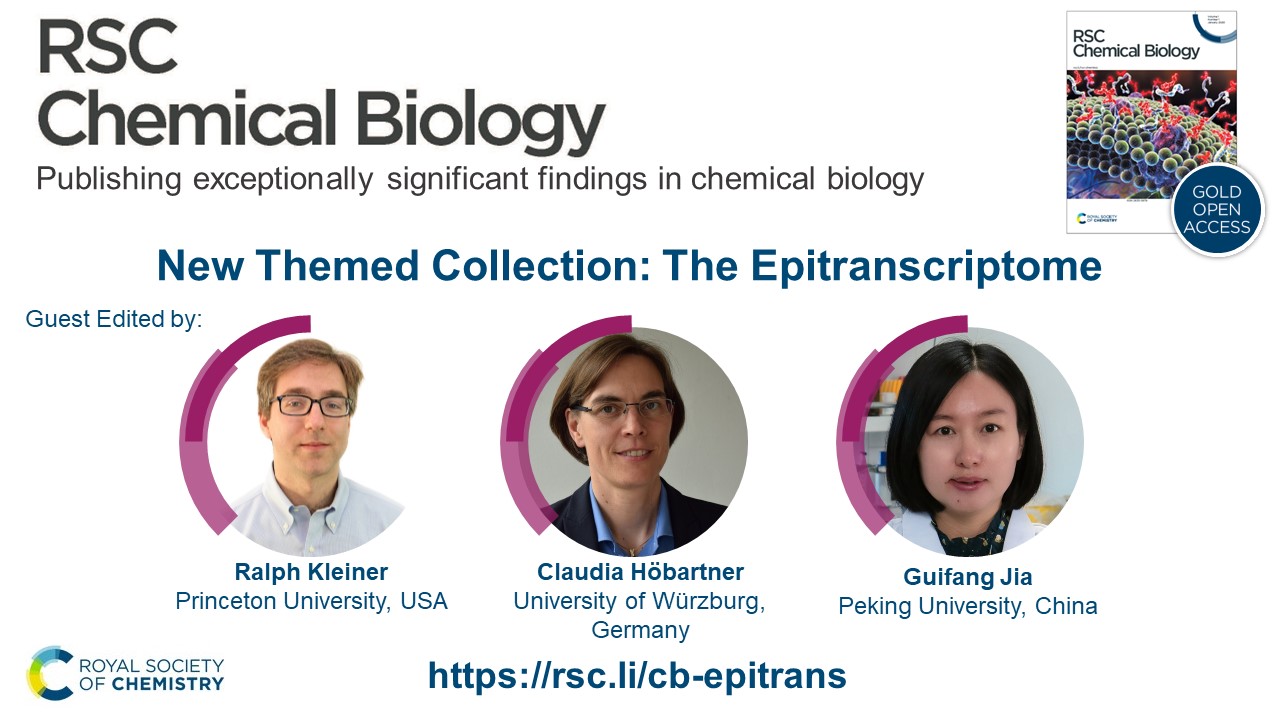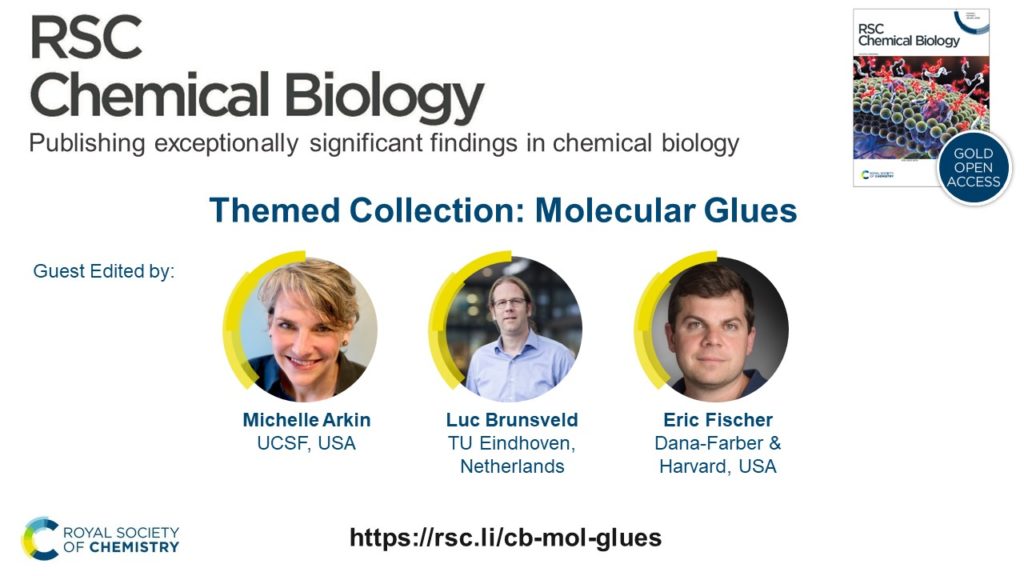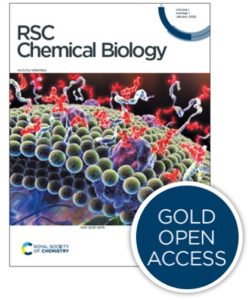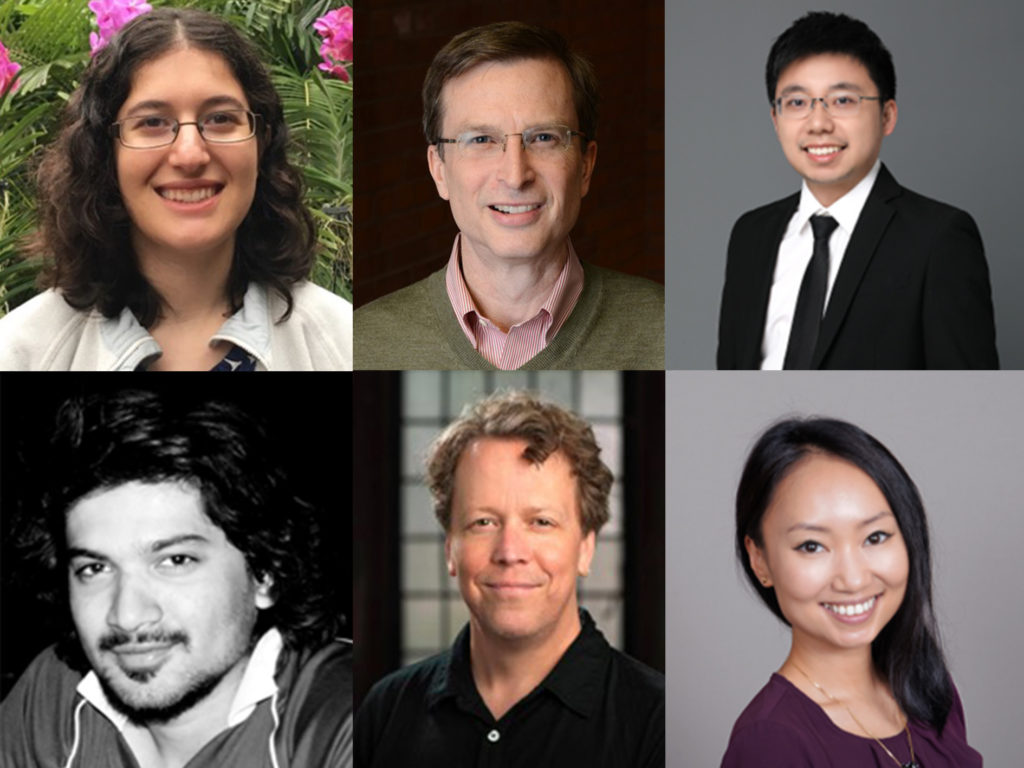We’re pleased to announce that the second annual RSC Chemical Biology Emerging Investigators collection has now been published online!

This collection highlights the work of outstanding early career researchers from across the chemical biology community. We’ve provided links to just a few of these articles and the summary Profile below – be sure to visit the collection to read the rest!. All articles in RSC Chemical Biology are open access and free to read.
If you would like to nominate a colleague or yourself as an Emerging Investigator for our next collection, please contact us for further details. Emerging Investigators must be group leaders or principal investigators in the first 10 years of their independent career.
Profile
Contributors to the 2023 RSC Chemical Biology Emerging Investigators Collection
RSC. Chem. Biol., 2024, DOI: 10.1039/D4CB90013H
Communications
Stephanie C. Heard, Katharine L. Diehl and Jaclyn M. Winter
RSC. Chem. Biol., 2023, 4, 748–753, DOI: 10.1039/D3CB00088E
BrainBike peptidomimetic enables efficient transport of proteins across brain endothelium
Maria C. Lucana, Roberta Lucchi, Fabien Gosselet, Cristina Díaz-Perlas and Benjamí Oller-Salvia
RSC Chem. Biol., 2024, 5, 7–11, DOI: 10.1039/D3CB00194F
Papers
Joshua D. Jones, Monika K. Franco, Tyler J. Smith, Laura R. Snyder, Anna G. Anders, Brandon T. Ruotolo, Robert T. Kennedy and Kristin S. Koutmou
RSC. Chem. Biol., 2023, 4, 363–378, DOI: 10.1039/D2CB00229A
Katerina Gavriel, Dustin C. A. van Doeselaar, Daniëlle W. T. Geers and Kevin Neumann
RSC. Chem. Biol., 2023, 4, 685–691, DOI: 10.1039/D3CB00062A
In addition to the researchers highlighted in our Profile article above, we’re pleased to feature this further contribution from Prof. Denise Okafor.
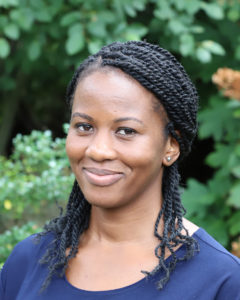
Denise Okafor is an assistant professor in the Departments of Biochemistry and Molecular Biology (BMB) and Chemistry at Pennsylvania State University. She received a B.S. in Biomedical chemistry from Oral Roberts University, followed by M.S. and Ph.D degrees in Chemistry from the Georgia Institute of Technology. As an NIH-IRACDA postdoctoral fellow at Emory University School of Medicine, she used molecular dynamics simulations to study ligand regulation and functional evolution in nuclear receptors. She began her independent career in 2020. Her lab combines MD simulations with biochemical experiments to understand mechanisms of transcriptional activation in nuclear receptors.
Read Prof. Okafor’s contribution below:
Ancient and modern mechanisms compete in progesterone receptor activation
RSC. Chem. Biol., 2024, 5, DOI: 10.1039/D4CB00002A


